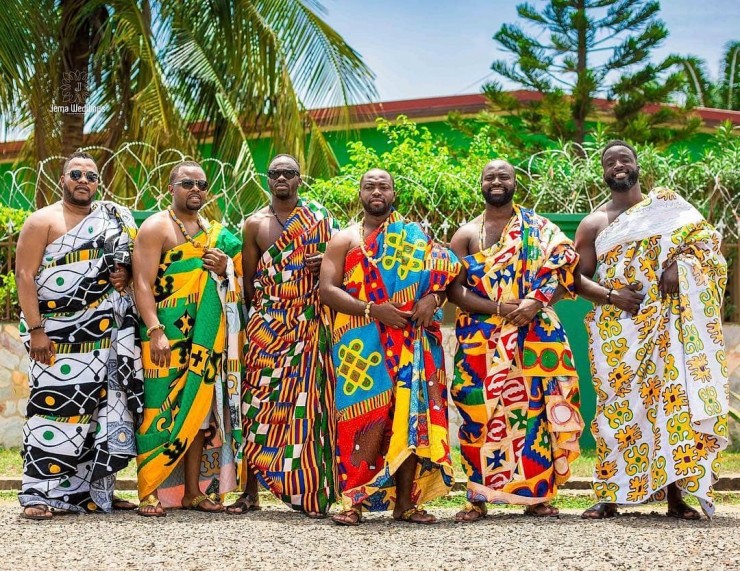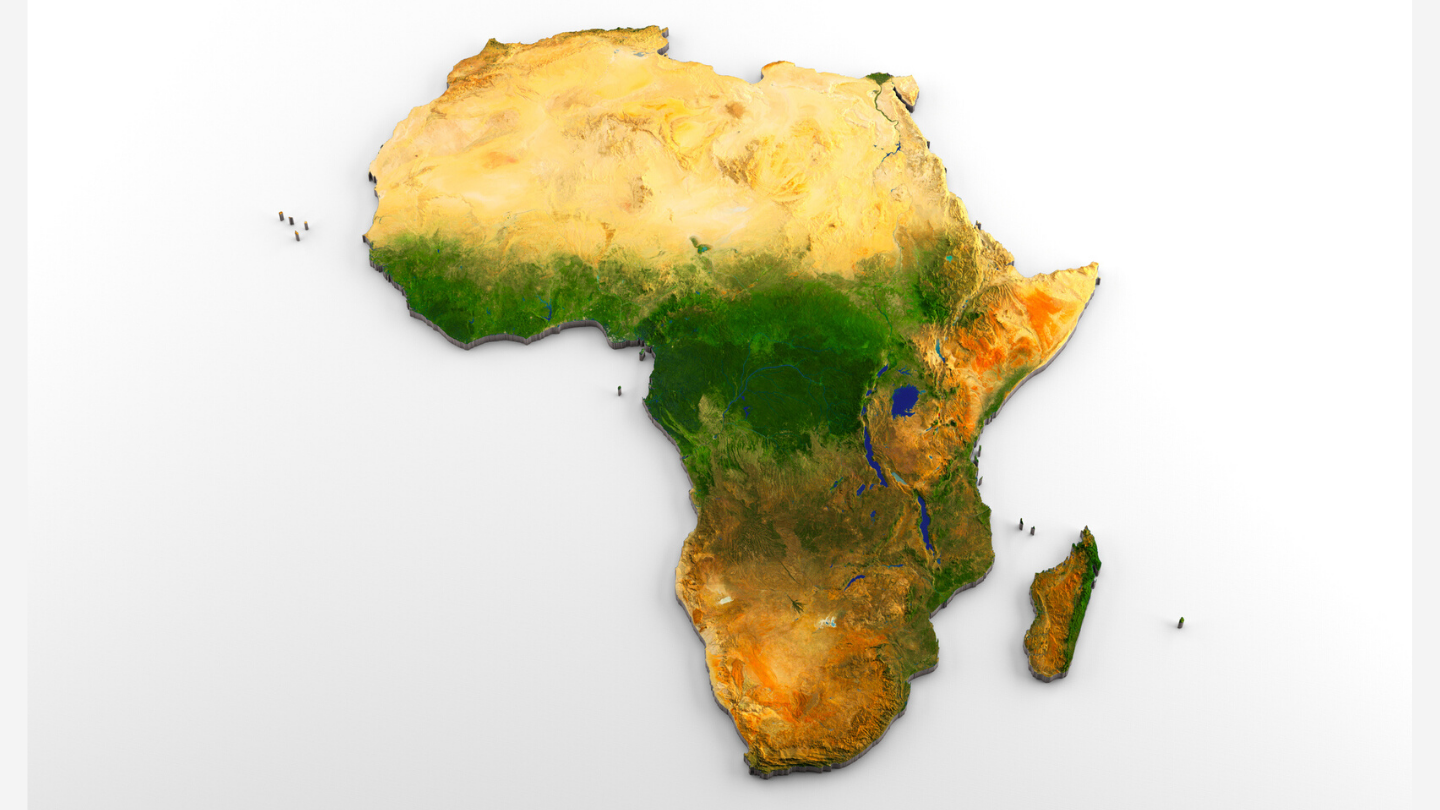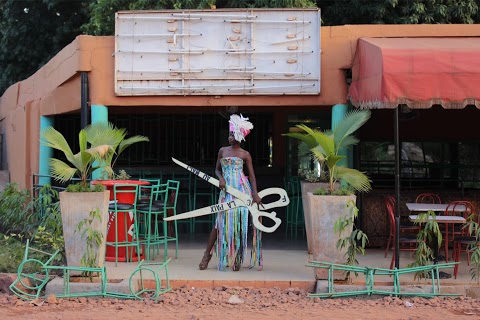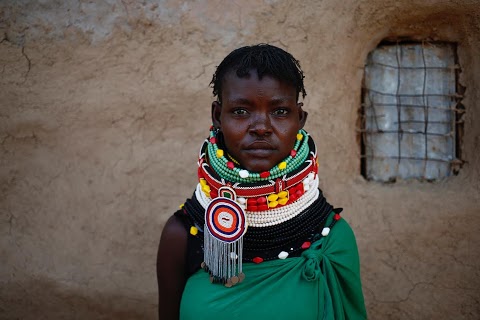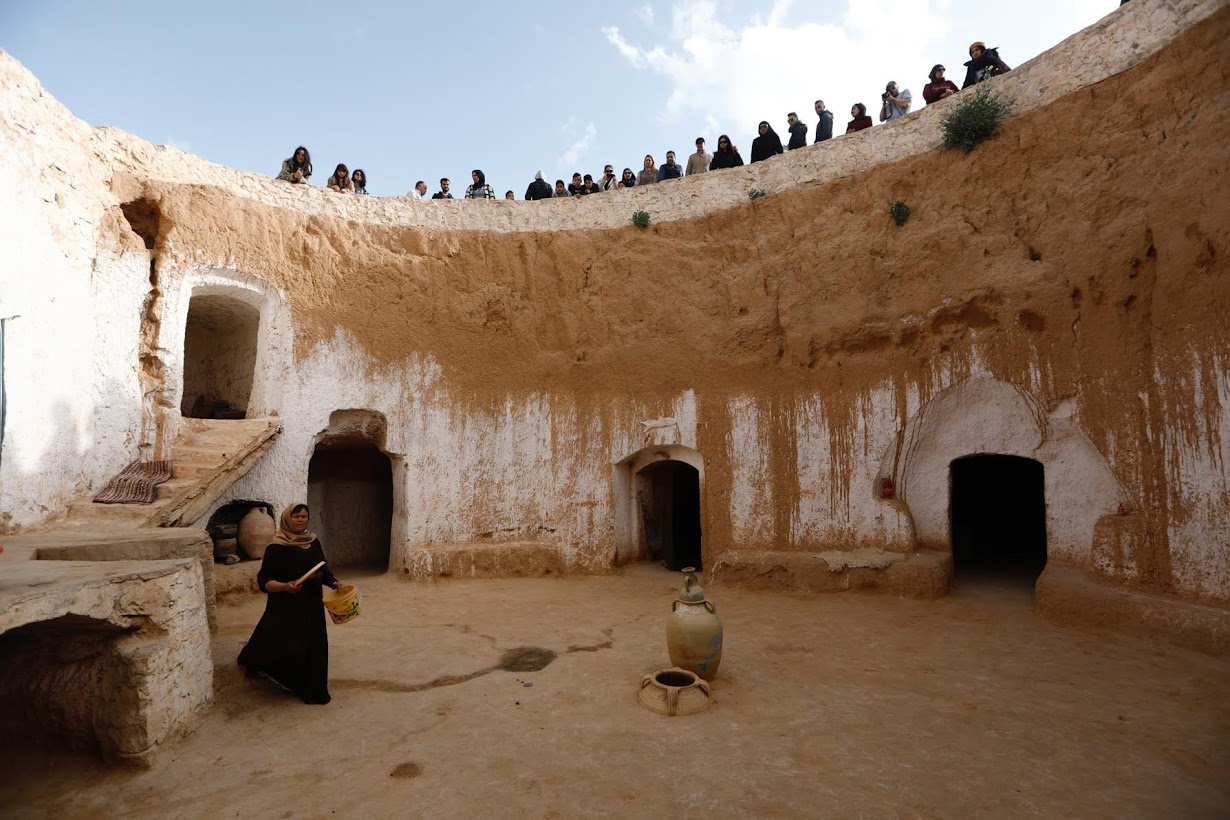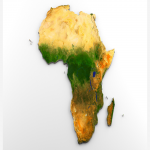KENTE CLOTH
Kente cloth is deeply intertwined with the history of the Ashanti nation, which emerged in the 17th century in the land now known as Ghana. The Ashanti are members of the Akan people, and the world “Kente” means basket in Akan or Ashanti dialect.
Kente cloth designs, colors, and patters each have their own special meanings and story, and the cloth reflects the journey of the Ashanti people. The traditional story behind its creation is an Ashanti legend. One day, two farmers from the village of Bonwire came across a spider spinning a web. The spider, Ananse, amazed the men with the intricate design of the web, and they returned to their homes, eager to try and recreate what they’d seen. They wove a cloth first from white, and then black and white, using fibers from a raffia tree. They then presented their cloth to the Ashanti king, Nana Osei Tutu, who began a longstanding tradition of the fabric’s cultural and ceremonial inclusion.
With the influence of Portuguese traders along the trans-Saharan trade route in the 17th century, the cloth’s composition changed from raffia fiber to silk. Ashanti women were responsible for purchasing the silk from trade caravans, but the cloth was traditionally woven by men, as women’s menstrual cycles were though to interfere with production.
Kente cloth is unique in its intricacy and perfection. It is now made from . A wide variety of colors are used in the patterns, which hold traditional meanings and represent the stories of the Ashanti people. Kente cloth holds great royal significance. Designs worn by royalty may not be worn by others; when a new design is created, it must first be offered to the royal house. If the king declines to accept the pattern, it can then be sold.
As one of the prominent symbols of African arts and culture, Kente cloth has been embraced by the African diaspora and is used on all types of clothing and accessories. The mass production and availability of the fabric threatens Ghana’s economy, so Fair Trade companies like Yellow Door Collective import genuine traditional fabrics direct from Ghana to support the traditions and show reverence to the culture.
